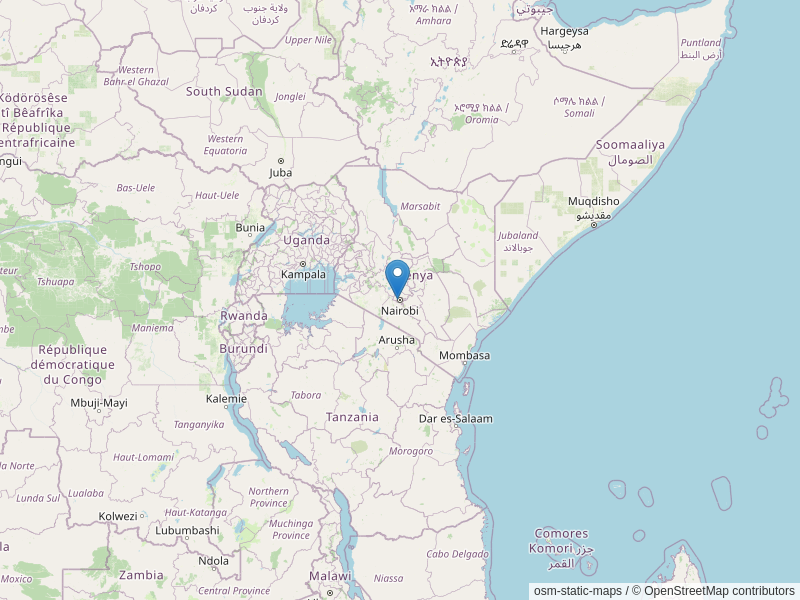How difficult is it to be a researcher in Africa under a hegemonic Western knowledge system that is perceived as universal? Historically, the production of knowledge about the African continent has been dominated by researchers and institutions of the Global North – a reflection of unequal power relations. But for some time now, calls to “decolonize” knowledge and acknowledge and legitimize other knowledge systems have been echoing through the corridors of academic institutions around the world.
DAAD Alumni in East Africa as well as Egypt and Sudan have joined this timely and urgent debate. On June 8 and 9, 2022, they gathered virtually for their conference “Decolonizing Knowledge – Amplifying an African identity”, jointly organized by the DAAD Regional Office for Africa in Nairobi, Kenya, and in Cairo, Egypt, in the framework of the CAIROBI TALKS, a series of academic engagements seeking to build bridges between DAAD Alumni of countries along the river Nile. About 30 to 40 participants daily, DAAD Alumni and other interested persons, followed, commented on and discussed topics presented by Alumni from East African countries and Egypt.
The conference was kicked off by two keynote speeches from social scientists: Hanan Badr from Egypt, professor for Communication Studies at the University of Salzburg in Austria, presented her research on “Decolonizing Communication Studies: Towards inclusive knowledge production”, advocating for the enhancement of comparative global studies and South-South collaborations as well as engaging with new ways of knowing. Her speech was followed by Edward Kaweesi from Uganda, lecturer at the Department of Political Science and Public Administration at Makerere University in Kampala, who spoke about “Hybridity as Decolonisation: Imagining bridges in the knowledge(s) about Africa.” He argues that Africans have the advantage of a quadruple heritage over other knowledge systems: Africa as a diverse and heterogenic continent on its own while being influenced by a variety of outside sources from Europe, Asia and the Arab world, to mention but a few.
Other topics covered by DAAD Alumni where the human cost of ending destructive fishing methods in coastal areas of Tanzania (Robert Katikiro, Tanzania), Ethnomathematics as a pathway to decolonization (Lilian Oluoch, Kenya), Tracing the informality, inequality and citizenship in Cairo that govern Cairo’s urban waters (Noura Wahby, Egypt) as well as a call for African action to diversify neuro-genetics research (Mohamed Salama, Egypt).
